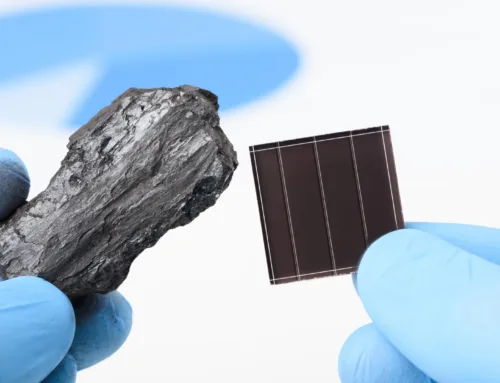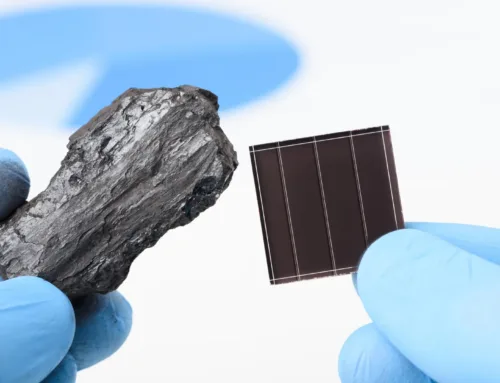The long arc of environmental philanthropy: An interview with Tony Pritzker
October 6, 2025
Tony Pritzker, heir to one of America’s storied business dynasties, treats environmental giving as a long-game engineering problem—not a moral crusade. In his experience, success depends less on symbolism than on methodical progress.
From a recent conversation I had with him, here are five guiding principles for philanthropists seeking impact:
- Pick a clear target and stick with it. “You have to set very specific goals and work toward them,” Pritzker says. “They can happen relatively quickly, though not overnight.” His work with Heal the Bay illustrates this discipline: the strategy was simple—collect science, train teachers, bring children to the water, and press policymakers—yet it led to major infrastructure upgrades such as stormwater treatment systems in Los Angeles.
- Fund early-stage talent. At UCLA, Pritzker created the Pritzker Emerging Environmental Genius Award, modeled partly on the MacArthur “genius” grants. His belief: breakthroughs rarely come from established senior figures, but from restless early-career innovators. Supporting them accelerates both progress and optimism.
- Lean on data, not ideology. An industrial engineer by training, Pritzker insists that philanthropy respect empirical limits. He rejects false binaries between regulation and markets, arguing that philanthropy’s proper role is to seed fact-based policy and science—not to police politics.
- Translate science into policy. Knowing most legislators will never read a 300-page white paper, he funds short, visual 24-page policy briefs produced by UCLA law students—a tactical bridge between research and legislation.
- Begin locally and persist. “Find something you care about and get involved,” he advises. Even large-scale problems—water, waste, climate—are ultimately solved block by block. As billions enter the global middle class, Pritzker remains an “abundance optimist,” convinced that innovation and stewardship can coexist.
These five maxims capture Pritzker’s posture: pragmatic, patient, and grounded in steady, cumulative progress. For philanthropists seeking durable outcomes, they offer a working roadmap.
An interview with Tony Pritzker
Search
RECENT PRESS RELEASES
Related Post




